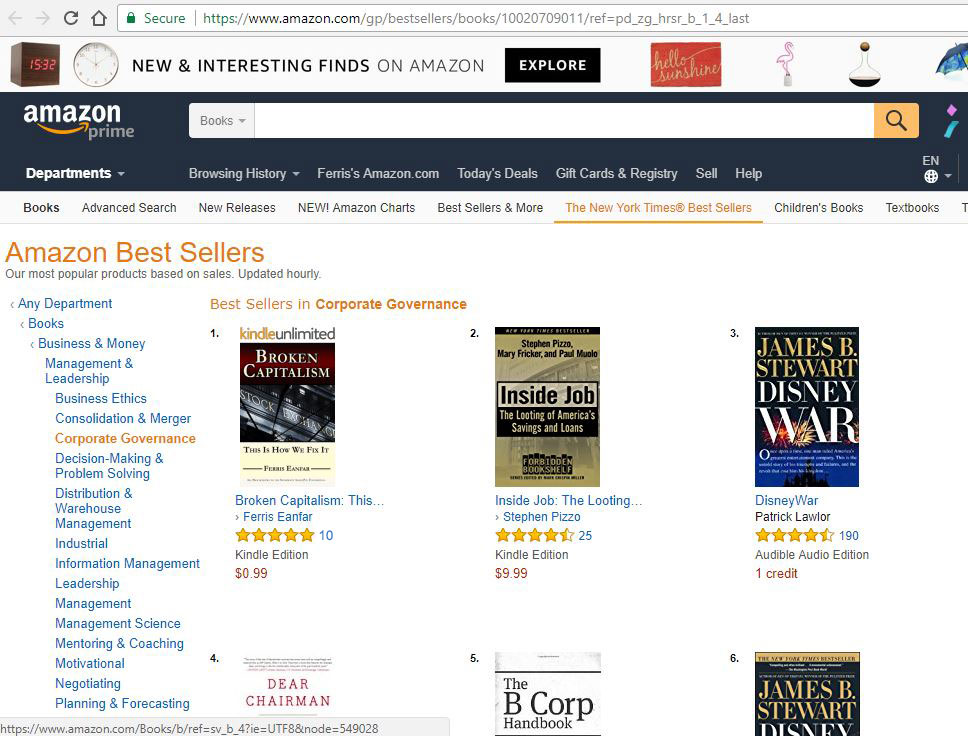Winston Churchill was a British politician, military veteran, journalistic war correspondent, and Nobel Prize-winning author of numerous historical and literary works. He served as Prime Minister of the United Kingdom from 1940 to 1945 and again from 1951 to 1955. His leadership during World War II is widely regarded as the most significant factor leading to the British victory in the 1940 Battle of Britain. This victory arguably turned the tide of the war against the Germans by giving the other Allied Powers the crucial time they needed to ramp up their weapons and materiel production for the war.
Churchill’s military experience in the Second Boer War, the Anglo-Sudan War, various skirmishes in pre-independence India, and World War I gave him direct experience and insight into the chaos and terrors of war. These experiences and insights gave him a more realistic understanding of Hitler’s intentions and the long-term implications of Prime Minister Neville Chamberlain’s policy of appeasement at the 1938 Munich Peace Conference. Churchill was a fierce critic of Chamberlain and wanted Chamberlain to take a much tougher diplomatic position against Hitler at the Munich Conference. Churchill believed Britain had a choice between “war and shame” (Gilbert 2009, 256) and that Chamberlain chose shame, which would inevitably lead to both shame and war on less favorable terms.
Prior to World War II, Churchill’s style was perceived to be old-fashioned and out of touch with modern cultural trends, which caused him to be a relatively unpopular Minister of Parliament. Additionally, British politicians in general were coming under significant domestic political pressure to withdraw from Britain’s Indian and African colonies because the colonies were a drain on the United Kingdom’s economic resources. Despite declaring in 1941, “I did not become Prime Minister to preside over a dismemberment of the British Empire” (Jenkins 2002, 843), Churchill was confronted with historical and sociological forces that were no longer aligned with the spirit of empire, to which he devoted his entire life.
To Churchill’s dismay, the philosophical and economic justification for colonial empire in previous generations was no longer compatible with the zeitgeist of the 20th Century. Protecting human rights and promoting the principles of democracy and self-determination were increasingly preferable to subjugation and colonial oppression. Within this historical context, Churchill was perceived as an anachronistic throwback to a bygone era.
Nevertheless, Churchill’s oratorical skills combined with his wartime experience could not have been more perfectly suited for the task of leading the Allied Powers to victory in World War II. Thus, despite an embarrassing career setback during the World War I Battle of Gallipoli in which Churchill was involved in an unsuccessful naval campaign, and despite the winds of change that were rendering Churchill increasingly irrelevant, by the time World War II began with Hitler’s invasion of Poland in 1939, Churchill was the most logical candidate to lead the U.K. to victory in The Battle of Britain.
Many scholars over the years, particularly in continental Europe, perceive the Battle of Britain as a relatively insignificant sideshow within the context of the larger battles on the Eastern Front. Hitler devoted over 200 military divisions to the battles with Soviet Russia. In contrast, he devoted less than 10% of that amount to Operation Sea Lion, which of course he permanently postponed due to his serious doubts about the viability of executing a successful naval and land campaign against Britain without air superiority. (Collier 2013)
Additionally, Hitler was ambivalent about the British. He originally believed they would capitulate quickly, but overall, he was not philosophically or existentially threatened by Britain. He knew the British wanted peace, especially after Chamberlain’s acquiescent response at the Munich Peace Conference in 1938. Thus, Hitler had virtually no meaningful incentive to care about the British, except for the prestige and ego-boosting value of conquering the British Empire, which was still considered a world superpower at that time.
Churchill said in June of 1940, “Hitler knows he will have to break us in this island or lose the war.” This was just a month into the Battle of Britain and Churchill was understandably interested in portraying the battle as an existential fight for the British Empire, but he often went beyond that. In fact, he conflated Britain’s existential interests with the interests of all of humanity, which was not accurate given that Hitler’s success was much more dependent upon his victory against Soviet Russia than the outcome of the Battle of Britain. Nevertheless, the British celebrate the Battle of Britain as a victory on behalf of human civilization. (There’s no rational reason to rain on their parade; so, I don’t ever point this out to my friends in the U.K., but from a scholarly perspective, it’s always nice to perceive history in the most accurate light possible.)
Overall, Churchill’s anachronistic worldview reminds me of the age-old battle between Liberalism and Conservatism, which seems to be spawned from an evolutionary adaptation associated to tribal group behavior. The human brain has evolved the capacity to create mental projections of the world that serve the purpose of deceiving itself to justify all manner of self-serving motivations. This self-deception is manifested in response to culturally constructed ideals of human behavior that are forged in a sociological environment of paradoxical contradictions.
In Churchill’s case, he explicitly and simultaneously embraced two conflicting principles: (1) the preservation of the British Empire; and (2) the preservation of human rights. Like all politicians who subscribe to the ideology of Realpolitik and the more general principles of political realism, Churchill believed that absolute power in the form of oppressing as many people and countries as politically possible was the best way to promote Britain’s interests. Within the parameters of that primary objective, it was justifiable in his mind for the British to perpetuate the subjugation and oppression of Indians, Africans, and Chinese, regardless of the changing zeitgeist of the 20th Century.
By definition, Churchill operated from within a conservative perspective because he intended to conserve the status quo at the expense of his secondary objective of preserving the principle (pretense) of human rights. Within this context, Churchill could justify his contempt and homicidal inclinations against Gandhi, the Indians in general, and his brutal treatment of the Kenyans during the Mau Mau Uprising in the 1950s. Sadly, this kind of hypocrisy and rampant self-deception is at the heart of most of the major geopolitical and economic problems that plague our world today.
References:
Collier, B. 2013. The Defence of the United Kingdom. Greenock: 232 Celsius.
Gilbert, M. 1990. ‘Never despair’: Winston S. Churchill 1945-1965. London: Minerva.
Gilbert, M. 2009. Winston S. Churchill: The Prophet of Truth, 1922-39. Hillsdale, Michigan: Hillsdale College Press.
Jenkins, R. 2002. Churchill: A Biography by Roy Jenkins. London: Pan Books.
About Ferris Eanfar
Ferris Eanfar has over 20 years of experience in technical, financial, media, and government intelligence environments. He has written dozens of articles and several books in the fields of Economics, Crypto-Economics, and International Political Economy, including Broken Capitalism: This Is How We Fix It and GINI: Capitalism, Cryptocurrencies & the Battle for Human Rights and the Global Governance Scorecard. Ferris is a cofounder of the Gini Foundation, which builds unique cryptocurrency systems to protect human rights, among other benefits; and the CEO of the AngelPay Foundation, a nonprofit financial services company with a mission to “return wealth and power to the creators of value.” To learn more about Ferris, please visit the About Ferris page.Visit Ferris on:

 Gini Website Coming Soon. We (
Gini Website Coming Soon. We (
